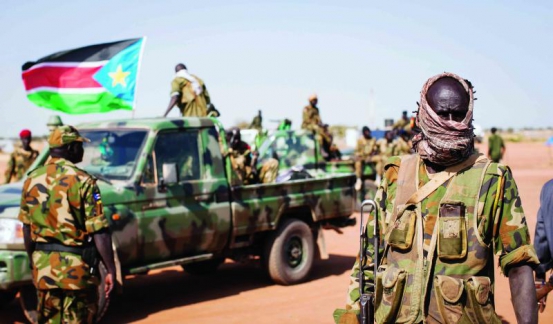×
The Standard e-Paper
Read Offline Anywhere

Although the conflict in the Republic of South Sudan (RSS) is one of the most pressing anywhere in the world, the narrative is not entirely unique. It is the post-independence story of many African countries which squandered opportunities to build strong nation states, thanks to greedy elite. It is the story of broken promises and of a people still waiting to reap benefits of nationhood decades after the colonial powers left.